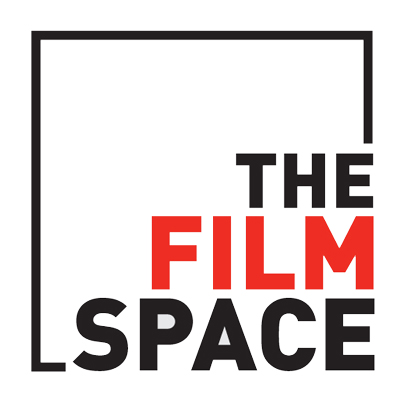Transformations: Intertextuality in the Digital Age
This workshop began with an exploration of various conceptual frameworks for textual study, including semiotics, Media Studies and Art and Design references. This theoretical base was applied to a range of text types to indicate inventive ways of approaching critical analysis in the secondary curriculum. The session concluded with some textual transformation exercises to consolidate the ideas visited during the workshop. - Martin Phillips
Putting Pacman in the Classroom
Computer games are now more widely available than ever. They are not just limited to computers and consoles but are invading our daily lives and our classrooms. Almost every day they are mentioned in the media, sometimes good, sometimes bad, and most Hollywood blockbusters now have an accompanying game. How much longer can we ignore them? There is a massive opportunity to grab our pupils' attention and engage with them in a new way. - Karen Anderson
Mobile Framing
‘In film it is possible for the frame to move with respect to the framed material.’
(Film Art (pg 266), Bordwell and Thompson)
Mobile technology is slowly creeping into the classroom... Mobile phones are no longer being confiscated and some schools have even introduced the PSP into the classroom as a learning tool. The words ‘handheld’, ‘Educational Digital Assistant’ and ‘location based m-learning’ have been bandied about recently, but what exactly do they mean, and how will they affect the way our pupils learn? - Julie Green
Podcasting in Education
In this workshop delegates discovered the potential for podcasting within education, learned how to produce multimedia podcasts and how to distribute podcasts. - David Baugh [This workshop was delivered by Alice Heywood and Ed Hunton, Film Education.]
It's Not Just a Game
Computer games are fun – but they are so much more. This workshop will examine their role in education and demonstrate how they can be used for all ages and in a variety of subjects. It will show practical ways to use them as a powerful teaching resource that students will enthusiastically receive and understand. In addition, it aims to prove that young people can realistically aspire to a career in the games industry. - Karen Anderson
Interactive Whiteboards and Digital Video
Whiteboards have been the ‘buzz’ kit of recent years but are they actually of any use when teaching with digital media, or are they merely a projector screen with detachable bits that you end up losing? The session aimed to explore, through examples and hands-on experience, how the board's own software can be used as part of the teaching sequence, using digital media, at Key Stages 2 and 3. The focus primarily fell on literacy but clear links can also be made across the curriculum. - Andrew Stogdale
Anti-narrative: Games, Blogs & other Non-linear Forms
‘Narrative cannot survive the Moment of Information’, so said the cultural critic Walter Benjamin, talking of film in its early days. Today the same claims are being made, but this time in relation to the internet, mobile phones and other information and communication devices. - Dr Caroline Bassett
Digital Storytelling - Using Podcasting and Vodcasting
This session explored the use of Podcasting and Vodcasting as vehicle for digital storytelling and ways that still images, audio and video can be combined to communicate strong narratives and messages in the classroom. - David Baugh
Critical Transformations Intertextuality in the Digital Age
"This workshop set out to explore what we might mean by ‘reading’ in a society where much of the information received by citizens comes from multimodal sources. It began from the premise that current assessment models of ‘reading’, and associated panics about low levels of literacy, are founded on a limited notion of what it is to be a reader in a digital age." - Martin Phillips
